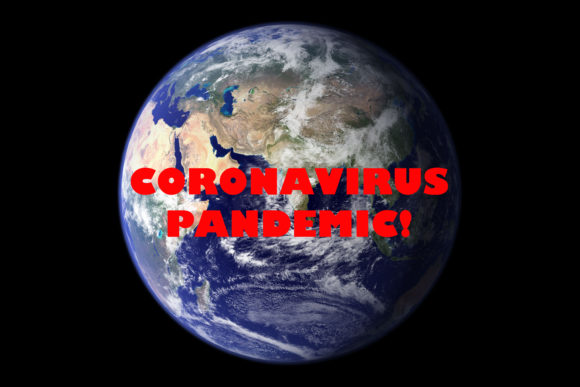In the annals of how the pandemic changed things, toss in a positive tale from insurer CSAA Insurance Group.
Walnut Creek, California-based CSAA, a AAA Insurer, offers automobile, homeowners and other personal lines of insurance to AAA Members through AAA clubs in 23 states and the District of Columbia.
When the pandemic began to unwind, promising economic downturn, and reducing the number of miles people were driving – thereby reducing the need for numerous carrier personnel, such as those in claims – a CSAA executive was tasked to see what could be done to keep as many of the company’s 3,500-strong workforce employed as possible.
Out of that conversation and the ensuing effort came a new subsidiary with 400 workers and a new line of business for the company: CSAA Specialized Services.
Joey Daryanani, vice president of Specialized Services, credits the idea to an employee who pointed out that the need for contact tracers during the height of the COVID-19 outbreak could be met by the company’s claims personnel.
The company’s chief operating officer asked Daryanani to look into it, with the initial goals of simply helping the community while also retaining claims employees.
The program landed a contract tracing engagement with a small city using 25 people, and it ballooned from there, with currently 400 full-time and contract workers working virtually in a contact center environment.
The new business-to-business endeavor offers claims handling, training, and call center support.
Their claims handling services include “end-to-end claims management,” specialty services like subrogation, total loss and salvage recovery and Medicare compliance. Training services include curriculums customized to meet an organization’s learning objectives. The call center support component is comprised of contact center capabilities, staff, and community-related services.
“We are going after these three areas, they are the core areas for us,” Daryanani said.
In another unique, pandemic-related twist, this is an all-virtual business. It had to be from the start, and it has proven to be an efficient way to operate thereafter, according to him.
“Now we can go around the country anywhere and land an account in a time zone and we’ve got resources in those places,” he said.
To be fair, Daryanani and the operation had a bit of a head start.
Daryanani helped in setting up a body shop training facility in Las Vegas for CSAA with virtual attributes prior to the pandemic. The facility has vehicles on site, but a trainer anywhere in the world can virtually appear in front of a car and train employees.
CSAA Specialized Services started with state government contracts, and has continued to build out, according to Daryanani. The new subsidiary’s clients include more government contracts for COVID contact tracing, vaccine support, disease investigations, processing of unemployment claims, and helping schools districts secure personal protective equipment.
They’re also building out private clients, including other insurers. CSAA Specialized Services is the third-party provider for an autonomous vehicle company that transports people, and the company recently partnered with Verisk in a revenue sharing deal in which CSAA provides training through the Verisk platform.
Daryanani said that while the subsidiary is new, it is already a cash-positive operation.
“I operate this as a start up,” he said.
Other than original investment in resources and personnel from CSAA, they have invested the revenue and margins the company has earned in the last 18 months to maintain operations.
“There really has not been a substantial dollar investment into this,” Daryanani said. “It’s not a huge money maker, but we are in the positive right now.”
He believes the business will continue growing long after the pandemic wanes.
“In each of these three areas I do see an opportunity to disrupt and make things better given our CSAA culture and our ability to handle both claims and service interactions,” he said. “This is a service we can provide to the insurance industry and other industries. And I do see an opportunity to grow in that area.”
Topics California Carriers COVID-19
Was this article valuable?
Here are more articles you may enjoy.



 Vintage Ferrari Owners’ Favorite Mechanic Charged With Theft, Fraud
Vintage Ferrari Owners’ Favorite Mechanic Charged With Theft, Fraud  Florida Public Adjuster, Renter Charged With Filing Claim on Rental Home
Florida Public Adjuster, Renter Charged With Filing Claim on Rental Home  Insurers Norfolk & Dedham of Massachusetts and Union Mutual of Vermont to Affiliate
Insurers Norfolk & Dedham of Massachusetts and Union Mutual of Vermont to Affiliate  Grand Jury Indicts ‘Hole in Won’ Owner on Prize Insurance Fraud Charges
Grand Jury Indicts ‘Hole in Won’ Owner on Prize Insurance Fraud Charges 

